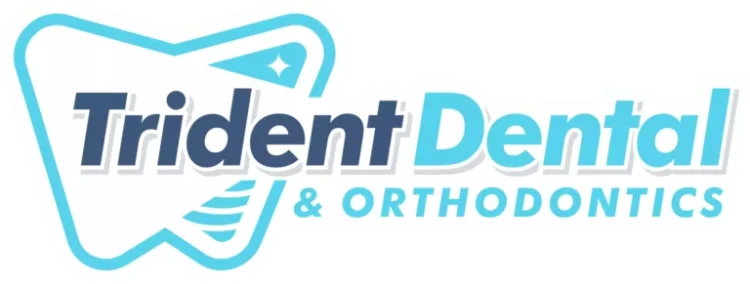Your teeth can withstand a lot of pressure, but they can get chipped or cracked with enough force. When you crack a tooth, you may experience fear and a sharp or stabbing pain as a result of the tooth root and nerves being exposed to the air.
Our experienced and compassionate team at Trident Dental in Houston, Texas, offers the following guidelines for what to do about a cracked tooth until you can get to the dentist for an exam.
Determine if it’s an emergency
If you experienced head or face trauma or an accident that damaged your tooth, you should see your doctor, visit an urgent care center, or go to the emergency room immediately. Head and face injuries may require additional care beyond the cracked or lost tooth.
If your tooth cracked while you were eating, or a piece of a decayed tooth came out, apply ice to the area to reduce swelling and pain while you take the next steps.
Call our office for an appointment and let the staff know you’ve cracked a tooth. Trident Dental is open six days a week, so you don’t usually have to wait long for an appointment.
Preserve the tooth
Place the tooth or piece of the tooth that came out of your mouth into a glass of milk or saline to preserve it. Bring it with you when you see your doctor, go to the emergency room, or visit Trident Dental for an exam.
Maintain a clean mouth
While you should keep your teeth and gums clean daily, it’s essential to keep your mouth clean after your crack or break a tooth to prevent infection. Bacteria can get into the tooth or gums around a damaged tooth if it’s not kept clean.
Follow these tips for keeping the area clean until you can schedule an appointment:
- Rinse several times daily with a mixture of hydrogen peroxide and water
- Rinse after meals with saltwater
- Place clean gauze in the affected area
If possible, brush the affected area gently.
Reduce pain
Broken or cracked teeth often cause pain and swelling. You may be particularly sensitive to hot or cold temperatures.
Apply an ice pack to your lips or cheeks for several minutes at a time, several times each day to reduce swelling until you can get an appointment with one of our dentists. The ice also helps numb the area to reduce pain.
Use over-the-counter pain relievers like acetaminophen or ibuprofen.
If you experience any of these signs of infection, seek immediate medical care:
- Fever
- Severe swelling in your face or neck
- Ear or cheek pain
- Foul taste in your mouth
If you’ve cracked a tooth, contact us at our Houston, Texas, office to schedule an appointment, and we’ll get you in as soon as we can.

